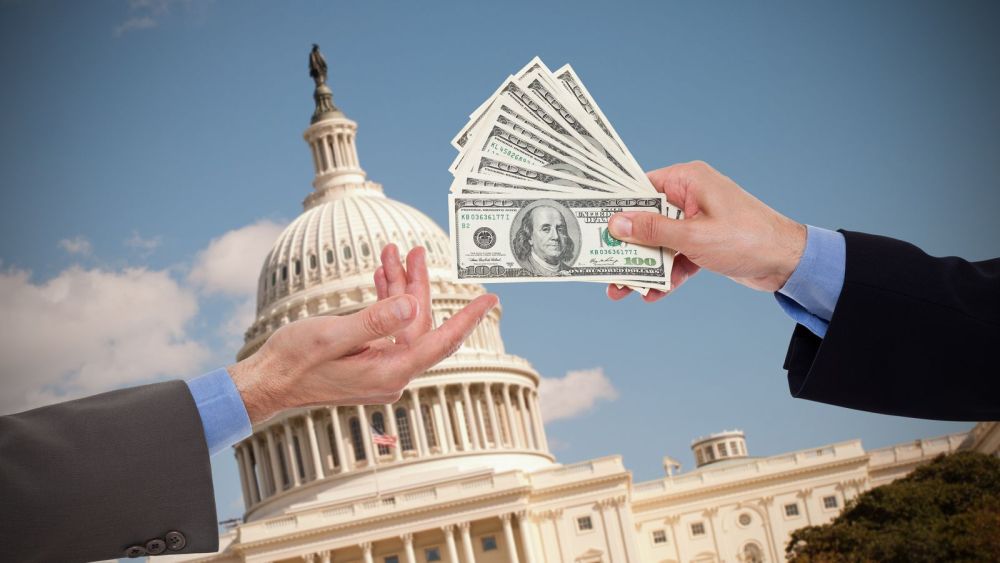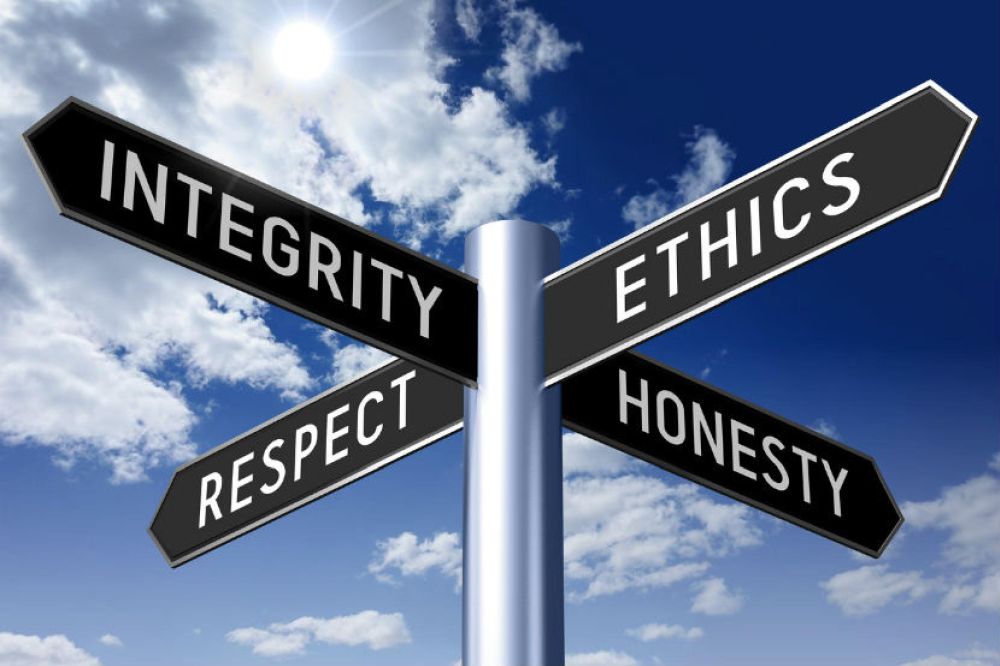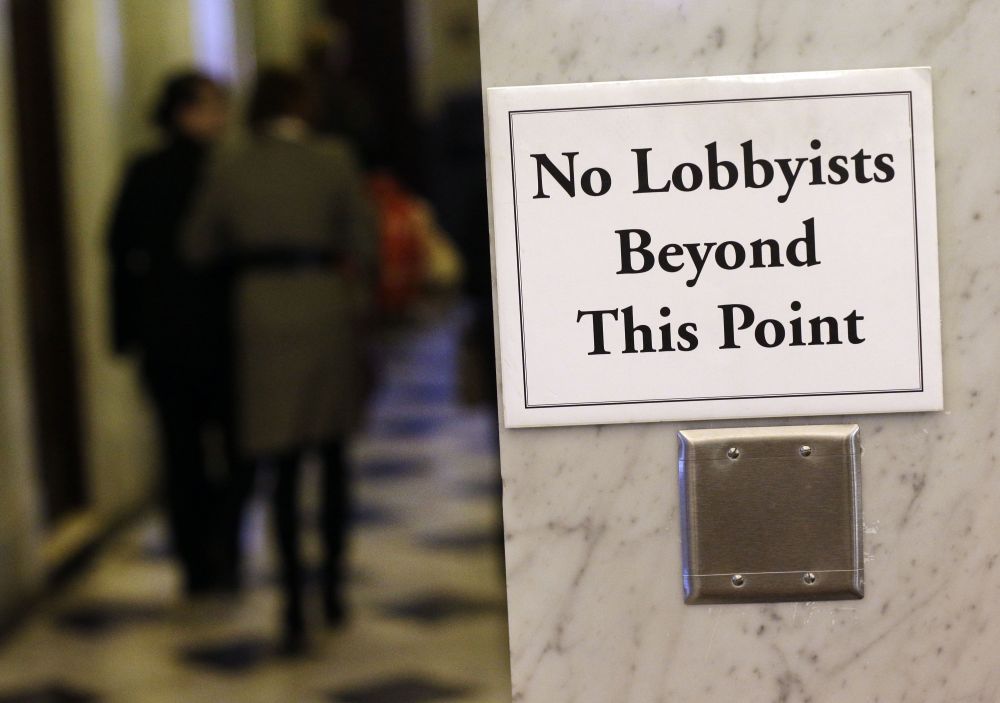Lobbying, a powerful tool shaping political landscapes, raises ethical questions about influence and conflicts of interest. This exploration delves into the complexities, unraveling the blurred lines between advocacy and undue sway. We dissect the challenges, seeking solutions to maintain democratic integrity and fairness for all voices.

In the intricate world of politics and policy making, lobbying plays a significant role in shaping decisions that affect society. At its core, lobbying is a legitimate avenue for interest groups to voice their concerns and advocate for their causes. However, the ethics surrounding lobbying practices have long been a topic of intense debate. The fundamental question arises: where does legitimate advocacy end, and undue influence begin? This ethical dilemma is further complicated by the potential conflicts of interest that lobbying can create. As lobbyists exert their influence, the line between the public interest and personal gain often blurs, raising concerns about the integrity of democratic processes.

One of the primary ethical concerns associated with lobbying is the unequal access it provides to policymakers. Well-funded interest groups, often representing corporate entities or wealthy individuals, can employ lobbyists to influence legislation and regulations in their favor. This unequal access creates a scenario where the interests of ordinary citizens might be overshadowed by the financial clout of powerful entities. This lopsided representation threatens the democratic ideal of equal participation, making it essential to critically evaluate the ethical implications of such practices.

Additionally, lobbying can give rise to conflicts of interest that compromise the integrity of decision-making processes. Public officials, tasked with serving the greater good, may find themselves torn between the interests of the public and those of the lobbyists who financially support their campaigns or offer other incentives. These conflicts can lead to policy decisions that prioritize the needs of the few over the well-being of the many, eroding public trust in the democratic system. Identifying and addressing these conflicts is vital to upholding the principles of fairness, transparency, and accountability in governance.

To navigate the ethical complexities of lobbying, stringent regulations and transparency measures are crucial. Governments must enforce robust disclosure requirements, ensuring that lobbying activities and financial transactions are open to public scrutiny. Moreover, policymakers and public officials must adhere to strict codes of conduct, refraining from actions that could compromise their objectivity and impartiality. By fostering a culture of transparency and accountability, societies can mitigate the potential conflicts of interest associated with lobbying, safeguarding the integrity of democratic processes and reaffirming the public’s trust in the institutions that govern them.

In the intricate tapestry of democracy, the ethics of lobbying cast a shadow, challenging the fairness of representation and the transparency of decision-making. By emphasizing stringent regulations and promoting transparency, societies can address the ethical dilemmas associated with lobbying. Upholding the principles of equal access, accountability, and integrity ensures that democratic processes remain untainted. Through these measures, nations can mitigate conflicts of interest, restoring public trust and safeguarding the democratic bedrock upon which societies stand.

